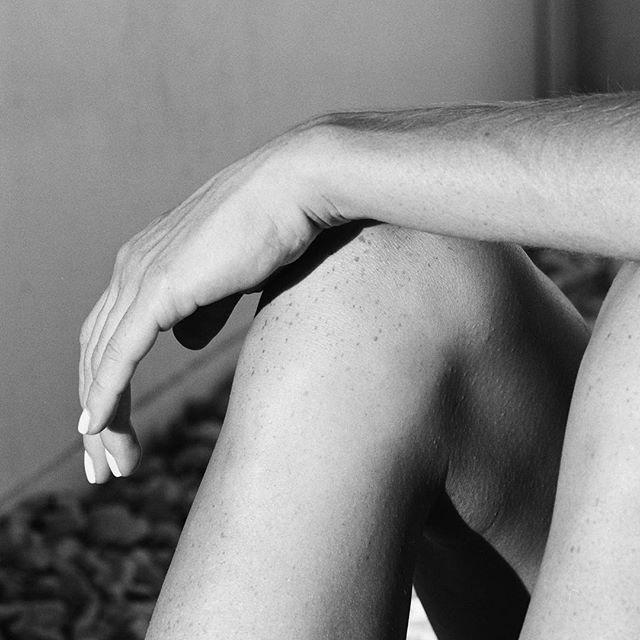Visible skin responses to a sudden stress can include blushing and perspiration. Long term stress also impacts immune function, which is one reason why psychological factors impact physical health. Major life events are linked to the onset of atopic dermatitis, psoriasis and other chronic skin disorders.
A chronic skin condition is stressful in itself and everyday life stressors may aggravate the severity of symptoms. This relationship between stress and symptoms can lead to a vicious cycle of somatic symptoms and psychosocial problems including the stress and itch cycle.
Itch can be elicited by external stimuli (like heat or skin dryness) and by internal stimuli. Simply thinking about itch is enough to trigger actual itch sensations. Stress modifies the threshold for noticing itch via increased attention to sensations.
Itch leads to scratching, which damages the skin and causes pain, which in turn inhibits itch sensations briefly. Problematic scratching can often lead to feelings of helplessness (in one’s own ability to resist scratching), or guilt (in failing to stop scratching in spite of knowing that it is unhelpful) and therefore to more emotional stress and distress.
Psychological Impacts of Skin Conditions
Skin conditions can reduce quality of life, defined by the World Health Organization as a state of complete physical, mental, and social well-being. This can often be attributed to feeling pressured to look normal or comply with social standards. The psychosocial consequences of having a skin condition can result in depression.
Many people who have a visible skin condition at some point will notice a person making an effort not to touch them because of their skin. Experiences like this can have a profound impact and make the individual feel ashamed and also more likely to notice similar events in the future.
Skin conditions can significantly influence psychological and social functioning. People with lesions on the face or hands have particularly high rates of mental health problems. Stigmatisation, for example where others have avoided touch due to the skin condition, reinforces feelings of shame and can lead to depression and social anxiety. Unfortunately, downplaying this psychosocial burden or suffering in medical settings can lead to worse medical outcomes and poorer quality of life.
Treatment of Psychological Factors
People that have a skin condition and are also depressed may find it especially difficult to adhere to treatment recommendations. Poor adherence may lead to worsening of the skin condition, which may then make their mood even worse.
Depression modulates the perception of itch and people who are depressed may experience worse itch. The more severe the depressive symptoms, the more severe itch perception is likely to be. Thus, it is important to target depressive symptoms when treating skin conditions.



